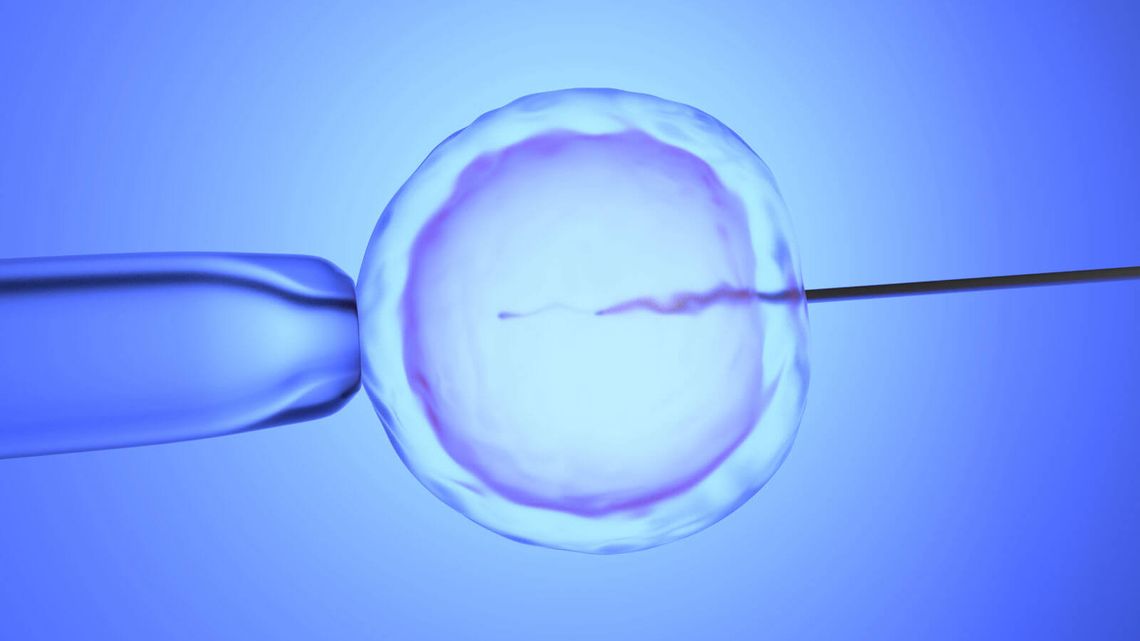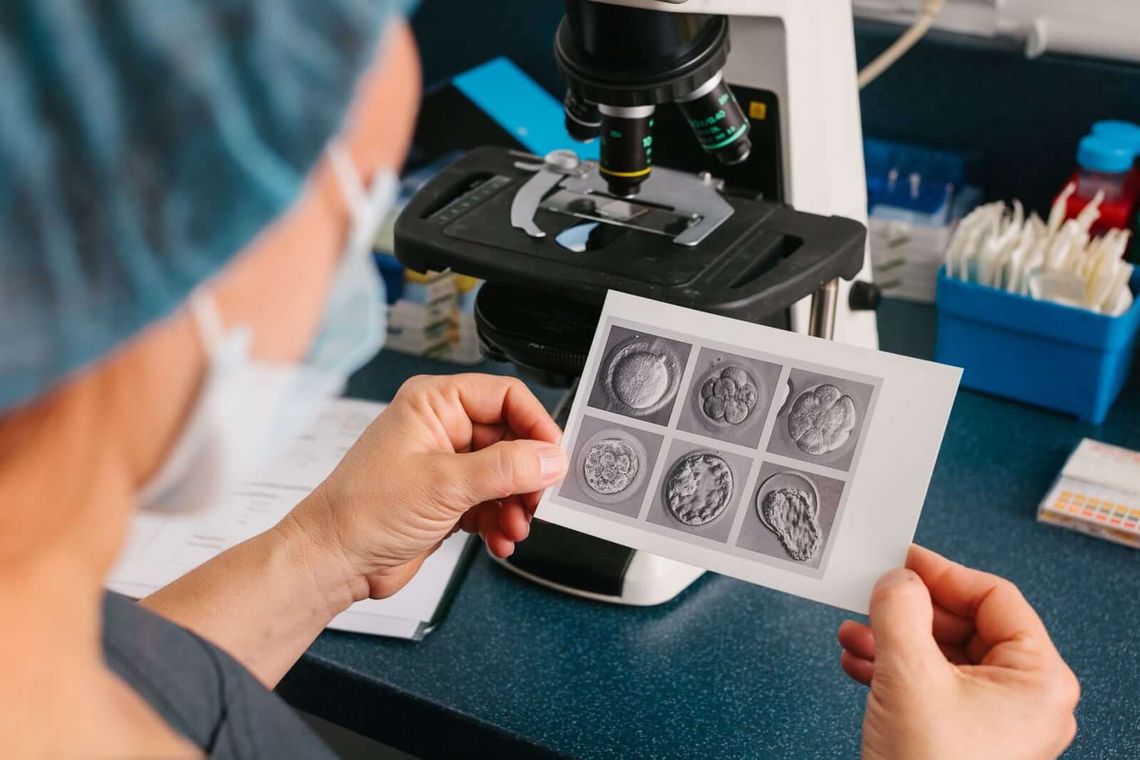Treatments & Solutions
We’ll consider the right options to help you improve your chances of conceiving a child, tailored to your specific needs.
Discover an overview of these treatments and solutions below. Our team of fertility specialists are experts in providing evidence-based approaches to fertility.
What to Expect
Everyone’s journey to fertility is unique.
Learn what you can expect throughout the fertility treatment journey.
Learn About Treatments & Solutions
Our experienced team of top fertility doctors have shared helpful insights on elements of your well-being that impact your IVF Treatment. Check out the following quick reads to learn more.








